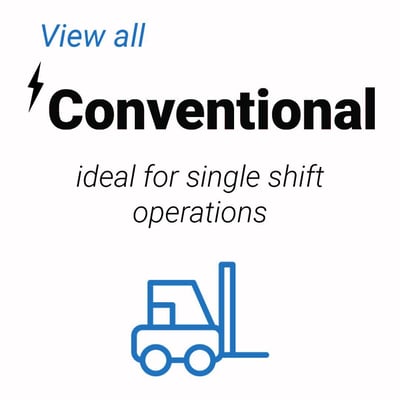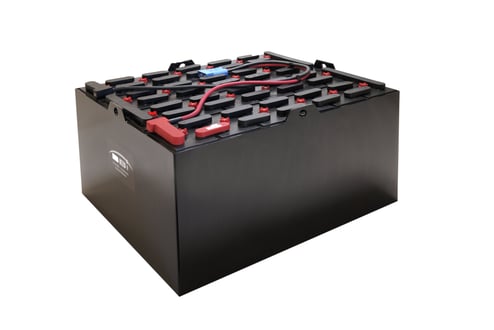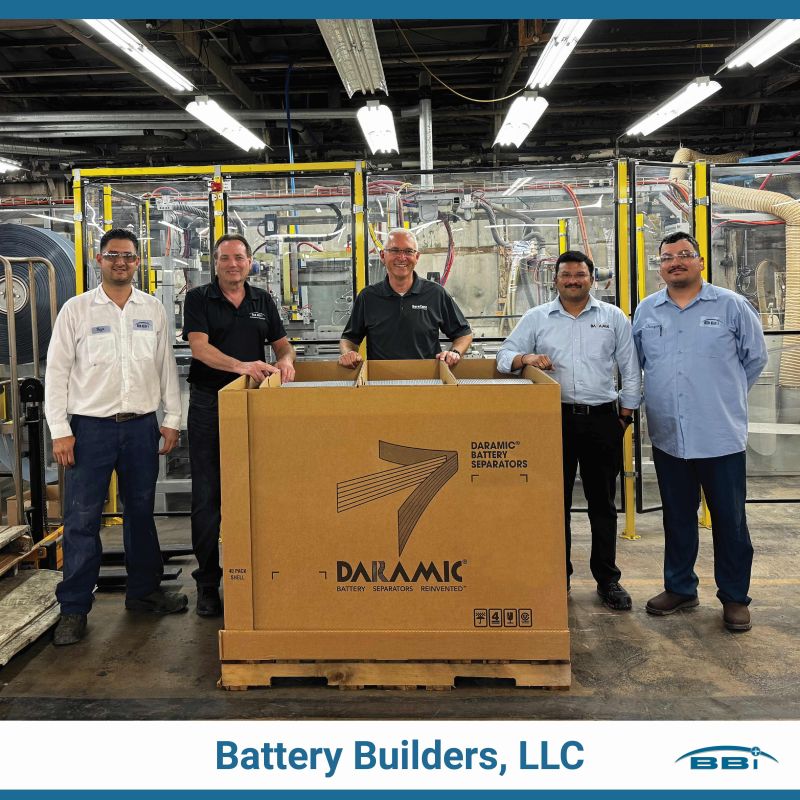
Indicators of Forklift Batteries Performance Issues
When it comes to operating forklifts in warehouses and industrial settings, the performance of forklift batteries cannot be overstated. These batteries are the lifeblood of electric forklifts, providing the power necessary for smooth operation. However, like any mechanical component, forklift batteries can develop performance issues over time. Understanding the indicators of forklift batteries performance issues is crucial for maintaining efficiency and ensuring safety in your operations.
Indicators of Forklift Batteries Performance Issues
Identifying problems with forklift batteries early can save you time, money, and headaches down the road. So what should you look out for? Here are some common indicators that your forklift batteries may be underperforming:
1. Reduced Runtime
One of the most noticeable signs that something is amiss with your forklift battery is a decrease in runtime. If your lift isn’t able to last through a full shift without needing to be recharged, it’s a clear indicator that there may be an issue.

- Why It Happens: Over time, battery cells can wear out due to regular use and charging cycles. This diminishes their ability to hold a charge efficiently.
- What You Can Do: Regularly monitor the runtime and keep track of any significant changes. If you notice a consistent decrease, consider having your battery tested.
2. Slow Charging
Another telling factor is how long it takes for your forklift battery to charge fully. If you've noticed that your charging times have increased significantly compared to when the batteries were new or recently serviced, this could signal a problem.
- Why It Happens: A buildup of sulfation on lead-acid batteries can impede charging efficiency; similarly, older lithium-ion batteries may require more time as they age.
- What You Can Do: Use quality chargers designed for your specific type of battery and keep an eye on charging patterns over time.
3. Swelling or Bulging
If you see physical changes such as swelling or bulging in the battery casing, this is often a very serious indicator of failure.
- Why It Happens: This usually indicates an internal short circuit or excessive heat buildup inside the battery.
- What You Can Do: Stop using the forklift immediately if you notice this condition; consult a professional for safe disposal and replacement options.
4. Leakage or Corrosion
Any signs of leakage or corrosion around battery terminals are alarming indicators that something may be wrong.
- Why It Happens: Leaking electrolyte fluid can lead not only to poor performance but also poses safety risks.
- What You Can Do: Inspect terminals regularly for corrosion and clean them using proper materials if necessary. Replace any corroded components immediately.
5. Unusual Sounds During Operation
If your forklift makes unusual sounds like hissing or bubbling while in use or charging, it's worth investigating further.
- Why It Happens: These sounds could indicate gas escaping from the battery or internal damage.
- What You Can Do: Immediately cease operation and check for any visible signs of damage before consulting a technician.
6. Inconsistent Voltage Readings
Using a multimeter to check voltage readings can provide insight into 72 volt flat plate forklift batteries battery health; inconsistent readings may signal issues.
- Why It Happens: Problems within individual cells can lead to fluctuations in overall voltage.
- What You Can Do: Regularly test your battery’s voltage levels during routine maintenance checks.
Maintaining Forklift Batteries: Tips for Longevity
Understanding these indicators is just one piece of the puzzle; what about prevention? Making sure that your forklift batteries perform optimally requires regular maintenance lead-acid forklift batteries practices that extend their lifespan:

1. Regular Inspections
Conducting routine inspections allows you to identify potential problems before they escalate into major issues:
2. Correct Charging Practices
Improper charging can lead to sulfation and drastically reduce battery life:
- Always use chargers compatible with your battery type.
- Avoid overcharging; follow manufacturer guidelines on charge times.
| Battery Type | Ideal Charge Time | Signs of Overcharging | |----------------------|------------------|-----------------------------| | Lead-Acid | 8 hours | Swelling/bulging | | Lithium-Ion | 2 hours | Excessive heat generation |
3. Cleaning Maintenance
Keeping your batteries clean can prevent many corrosion-related problems:
- Use distilled water when topping off flooded lead-acid batteries.
- Wipe down terminals with baking soda solution if corrosion appears.
FAQs About Forklift Battery Performance Issues
Q1: How do I know when my forklift battery needs replacing?
A1: Look out for reduced runtime, slow charging times, swelling cases, leaks, unusual noises during operation, and inconsistent voltage readings—all are strong indicators that replacement may be necessary.
Q2: What should I do if my forklift battery swells?
A2: Stop using the equipment immediately! Swelling could indicate dangerous internal failures—consult a professional right away for safe handling and disposal options.
Q3: Can regular maintenance improve my forklift's performance?
A3: Absolutely! Routine checks on water levels, terminal conditions, and ensuring proper charging practices can vastly improve both lifespan and reliability.
Q4: Is it normal for my forklift battery to make noise while charging?
A4: Some noise is typical during charging (such as bubbling), but loud hissing sounds could indicate problems—be sure to investigate further if these occur consistently.
Q5: How often should I inspect my forklift batteries?
A5: Ideally, inspect them weekly during heavy usage periods; monthly checks might suffice otherwise depending on operational frequency.
Q6: What are some best practices for extending fork-lift battery life?
By keeping an eye out for these indicators of forklift batteries performance issues—and implementing best practices—you’ll not only prolong the life of your equipment but also ensure safer operations on site!
